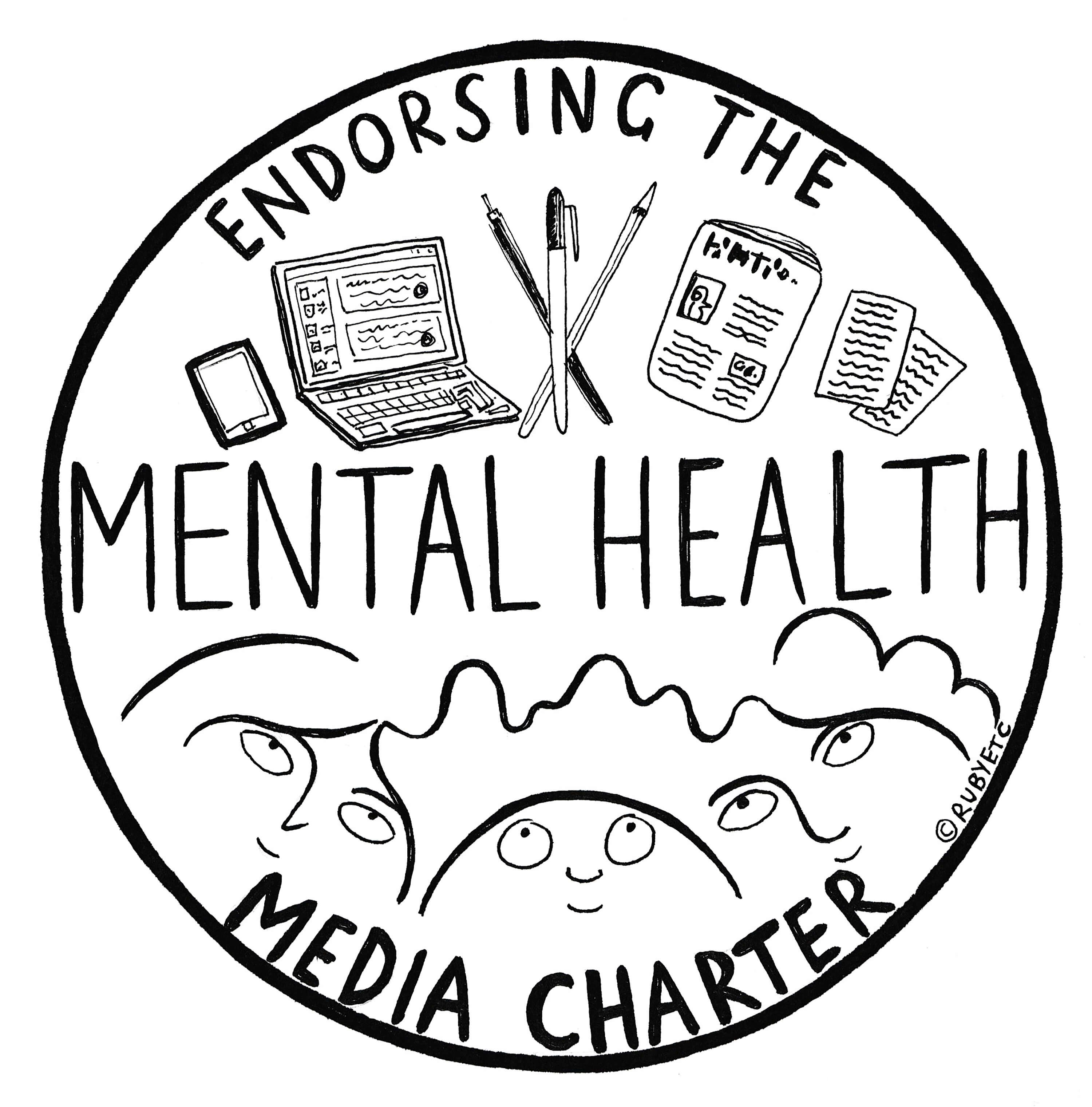


Former mental health champion for the Department of Education, and Youth Mental Health First Aid instructor, Natsha Devon MBE has today launched a Mental Health Media Charter.
Created in collaboration with Mental Health First Aid (MHFA) England, the Samaritans and Beat the charter details seven 'dos' and 'don'ts' for media to be aware of when discussing or depicting mental health stories. So far the charter has been endorsed by Girlguiding, The Coalition for Men & Boys and the Labour Campaign for Mental Health.
Commenting on the initiaitve, Poppy Jaman, CEO, Mental Health First Aid (MHFA) England, said, “MHFA England is pleased to offer its support to the launch of Natasha Devon’s mental health media charter. Mental Health First Aid training provides knowledge and skills that help open up conversations and normalise talking about mental ill health and mental wellbeing, however, it’s crucial that the media’s treatment of both is in lock-step with these efforts. Today, on World Mental Health Day, we are joining the call on all media outlets to acknowledge the power of language and imagery in shaping how we think, talk and behave when it comes to mental health and mental ill health. This will provide further impetus to help break down the stigma around mental illness.”
The recommendations are based on evidence collated by mental health organisations determining what might induce ‘imitational’ behaviours in vulnerable people, set back recovery or cause distress to people who have experienced mental illness and their families. They also take into account suggestions from the public based on feedback Natasha has received online, following her long-standing social media campaign.
Natasha Devon MBE said, “If my decade as a campaigner working in this field has taught me anything, it’s that language and imagery matters when it comes to shaping social attitudes. I do a lot of work in schools and pupils often bring thoughts they have picked up about mental illness from media outlets into the classroom. This isn’t an attempt to curtail freedom of speech, but rather asking the media to be more thoughtful in the way they describe and depict mental illness. The more media outlets sign up, the greater the step towards genuinely educating people about mental health and reducing stigma around mental illness”.
Natasha has today sent invitations to the editor of every major publication in the country inviting them to sign up to the charter and has enlisted the help of Girlguiding and Beat advocates, Time to Change young champions and more than 100 bloggers and youtubers to help spread the word.
To find out more about the Mental Health Media Charter, see Natasha's piece on Times Educational Supplement.